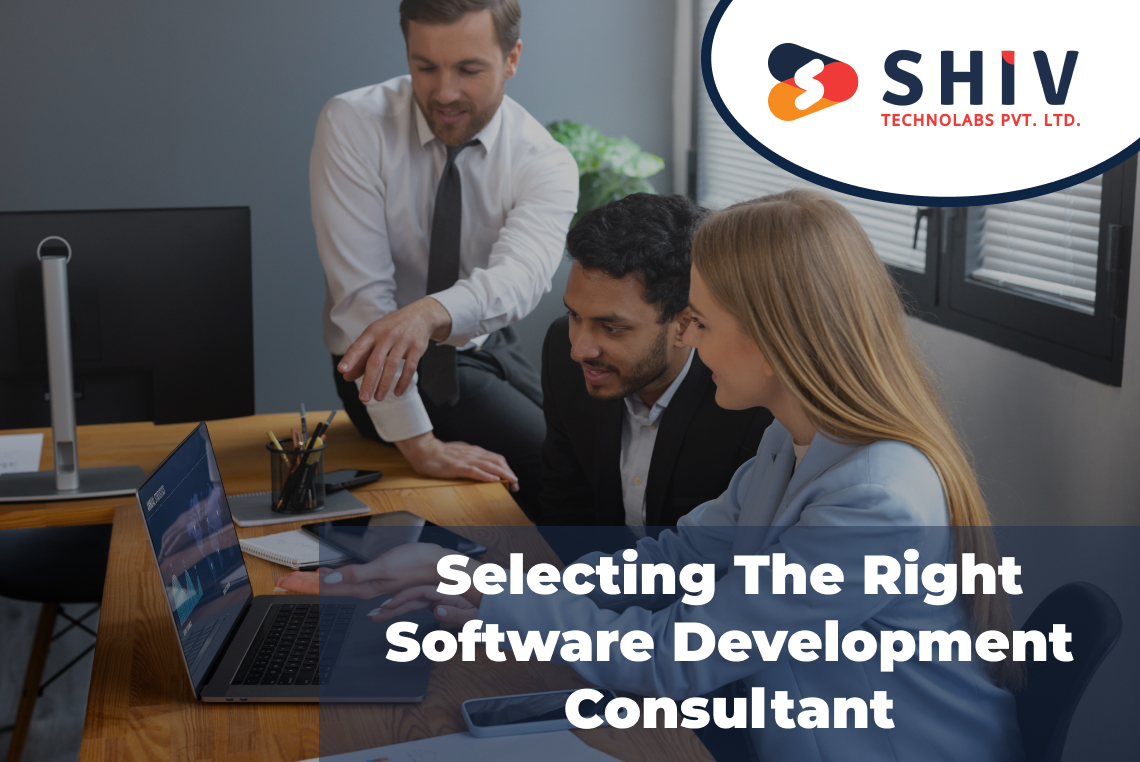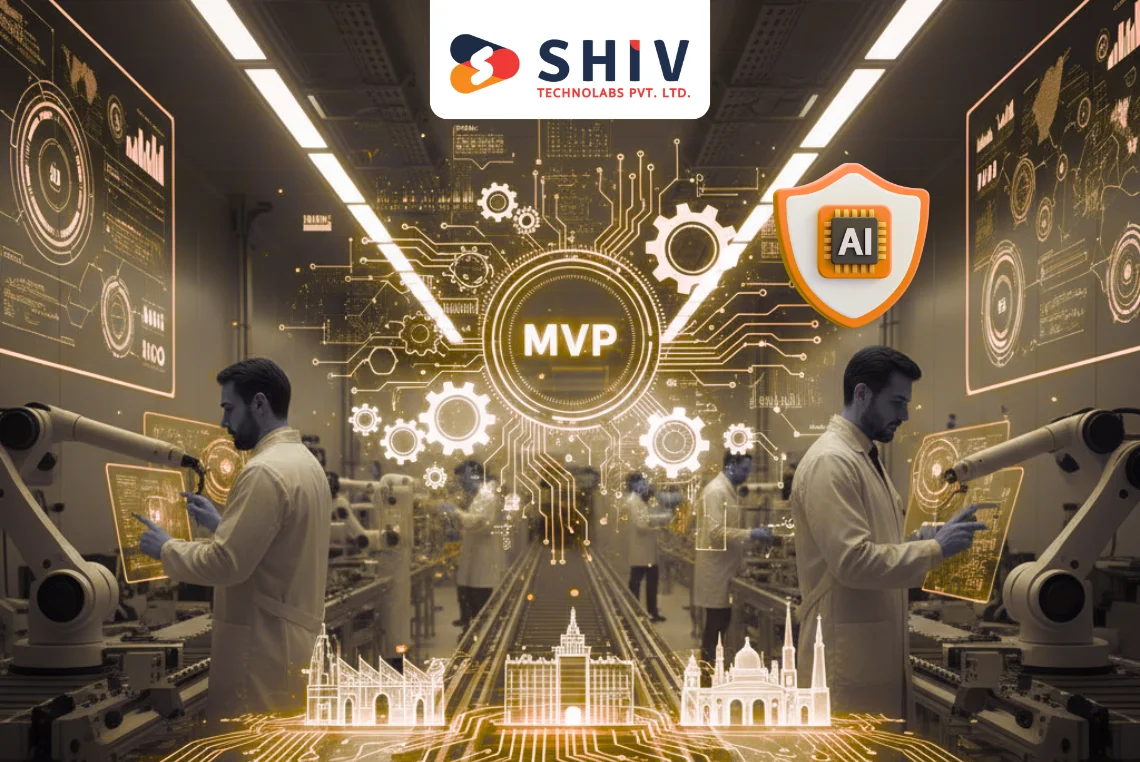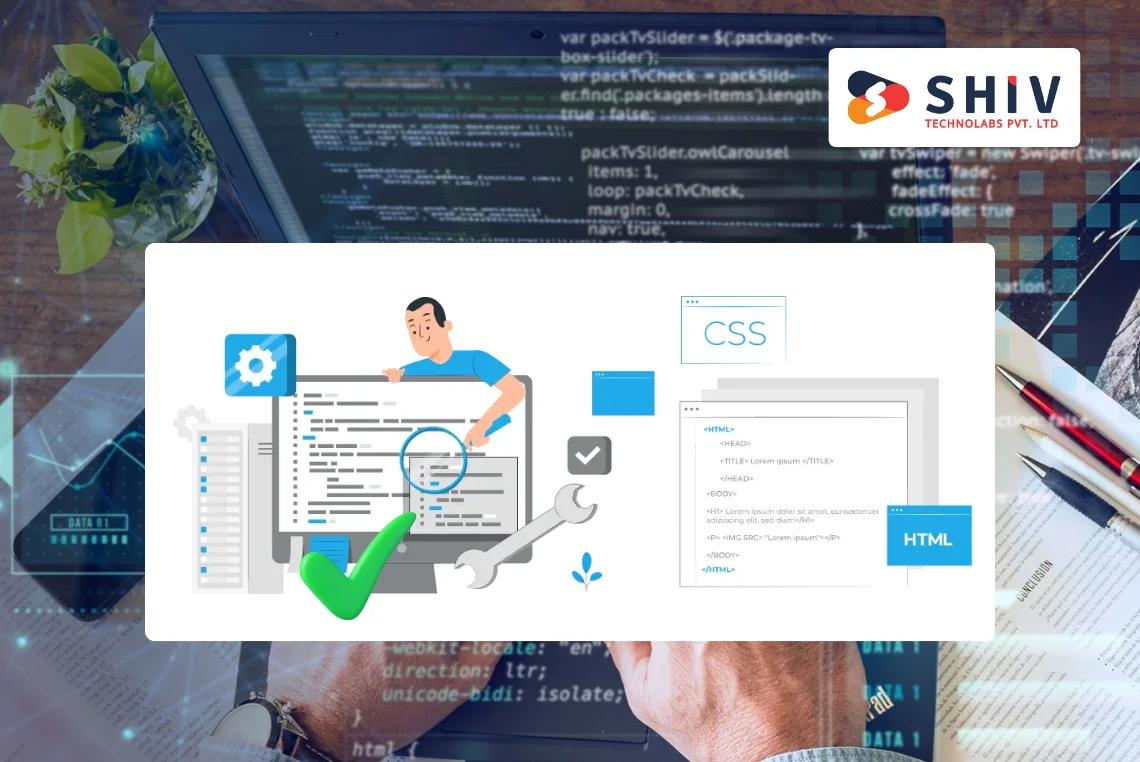Table of Contents
Choosing the right software development consultant is essential for the success of any technology project. Whether you’re embarking on custom software development, application migration, system integration, or exploring cutting-edge technologies like AI/ML or blockchain, the expertise and guidance of a qualified consultant can significantly impact your project’s outcomes. This blog explores the essential considerations you should keep in mind when selecting a software development consultant to ensure your project meets its objectives seamlessly.
Understanding Your Business Needs
Assessing your project requirements is the first crucial step in finding the right software development consultant. Define the scope and objectives clearly to align expectations with outcomes. Whether it’s developing a new application, modernizing legacy systems, or integrating disparate software solutions, a clear understanding of your specific challenges and goals is paramount.
# Determining the Skill Set Needed
Identify the technical skills required for your project. Whether it involves frontend development, backend infrastructure, or specialized AI/ML algorithms, ensure the consultant has the expertise to deliver on your requirements. Look for industry-specific knowledge that can add value to your project’s success.
Evaluating Consultant Experience
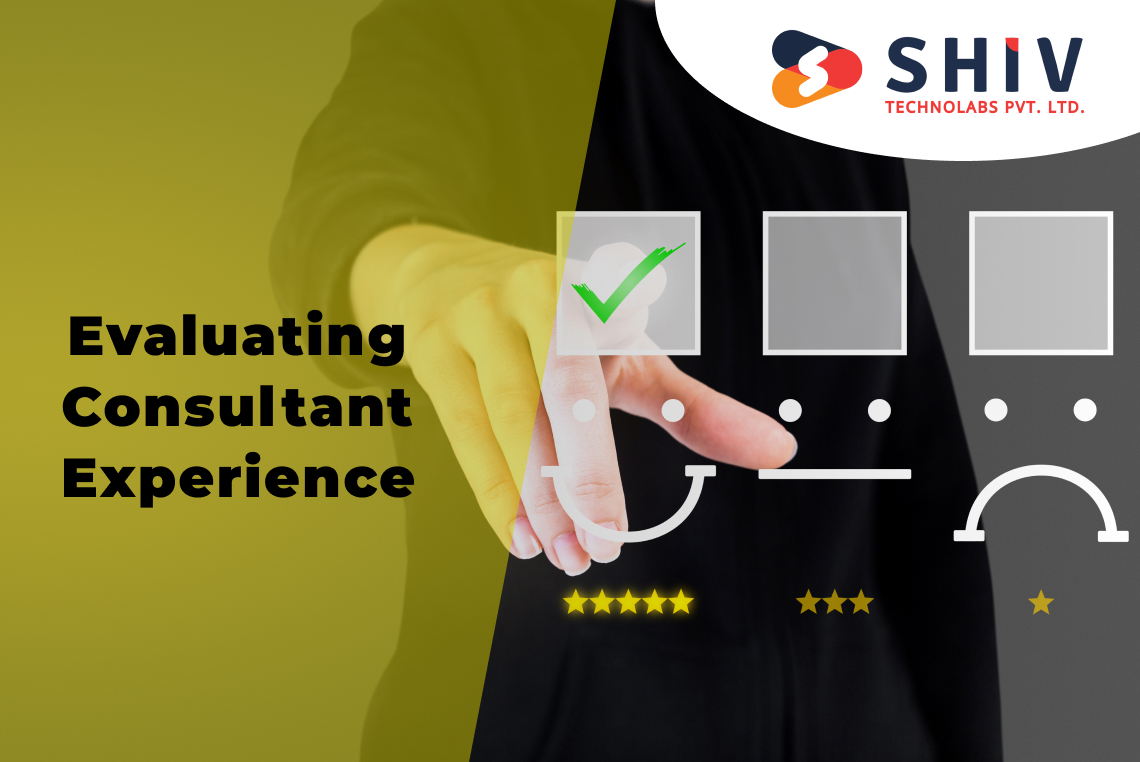
Experience plays a critical role in selecting a software development consultant. Review their past projects and case studies to gauge their proficiency in handling similar tasks. Look for success stories that demonstrate their ability to deliver projects on time and within budget constraints.
# Checking References and Client Feedback
Seek feedback from previous clients to gain insights into the consultant’s reliability and professionalism. Positive testimonials and client references provide assurance of their capability to manage and execute complex projects effectively.
Technical Expertise and Methodologies
Understanding the consultant’s development process is crucial for project success. Inquire about their methodologies, such as Agile or Scrum, and how they align with your project management style. Ensure they stay updated with the latest technological advancements relevant to your industry.
# Evaluating Their Technical Proficiency
Assess their proficiency in the technologies required for your project. Whether it involves building scalable cloud solutions, implementing blockchain applications, or developing AI-driven algorithms, their technical proficiency should match your project’s technical requirements.
Communication and Collaboration
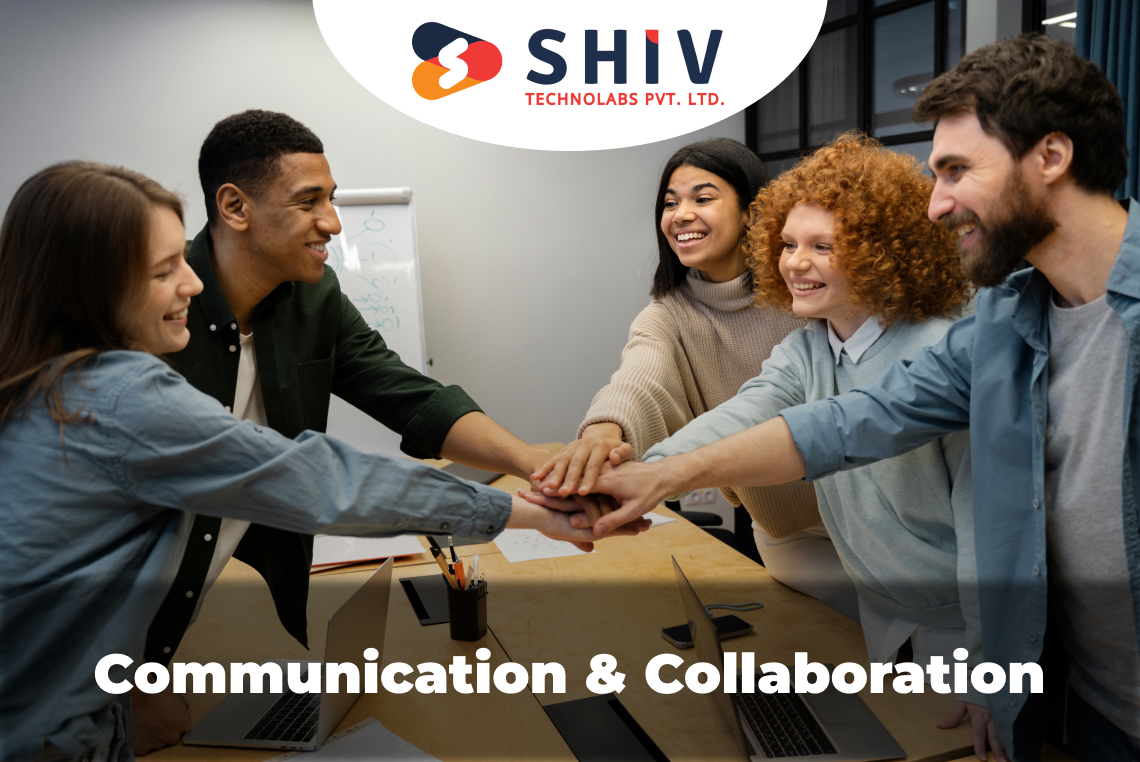
Effective communication is key to a successful consultancy relationship. Establish clear communication channels and determine how frequently updates will be provided. A consultant who communicates transparently and proactively can mitigate risks and ensure project milestones are met.
# Assessing Team Collaboration Skills
Evaluate their ability to collaborate with your internal team. Seamless integration and collaboration are essential for aligning project goals and fostering a productive working relationship throughout the development lifecycle.
Cost and Budget Considerations
Understanding the consultant’s pricing structure is crucial for budget planning. Clarify whether they offer fixed pricing, hourly rates, or a combination of both. Ensure there are no hidden costs and that the budget aligns with the expected deliverables and timeline.
# Balancing Cost with Quality
While cost is a significant factor, prioritize quality and value for money. Choosing a consultant solely based on the lowest bid may compromise the quality of deliverables and overall project success. Balance cost considerations with the consultant’s reputation and track record.
Also read : How Much Does Custom Software Development Cost?
Legal and Contractual Aspects
Reviewing contracts and agreements ensures clarity and protects both parties’ interests. Verify that the contract comprehensively covers project scope, deliverables, timelines, and payment terms. Clarify ownership rights, confidentiality agreements, and dispute resolution mechanisms.
# Protecting Intellectual Property Rights
Ensure your business retains ownership of all intellectual property developed during the project. Clarify the consultant’s policies regarding IP rights and confidentiality to safeguard your proprietary information and innovations.
Assessing Post-Development Support
Post-development support is critical for ongoing maintenance and updates. Inquire about the consultant’s support services after project completion. A reliable consultant should offer timely support, troubleshooting, and updates to ensure the long-term success of your software solution.
# Training and Knowledge Transfer
Consider how the consultant plans to transfer knowledge and skills to your internal team. Training sessions and documentation ensure your team can effectively manage and maintain the software solution post-launch.
Conclusion
In conclusion, selecting the right software development consultant requires careful consideration of several factors to ensure a successful project outcome. From understanding your business needs and evaluating technical expertise to establishing clear communication and assessing post-development support, each step plays a crucial role in finding a consultant who can deliver results aligned with your goals. At Shiv Technolabs, we offer comprehensive software development services tailored to meet your unique requirements, backed by a proven track record of success in custom software development, application migration, system integration, AI/ML, and blockchain solutions. Partner with Shiv Technolabs today to elevate your technology initiatives and drive business growth.

